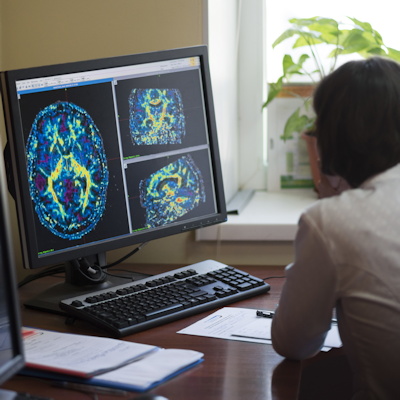 Cell-penetrating peptide conjugate gets chemotherapy across blood-brain barrier in mice
Cell-penetrating peptide conjugate gets chemotherapy across blood-brain barrier in mice
A macrocyclic cell-penetrating peptide conjugate has enabled a cisplatin prodrug to cross the blood-brain barrier (BBB) in mice, increasing survival rates and providing a potential pathway for treating humans with brain cancer. Read More
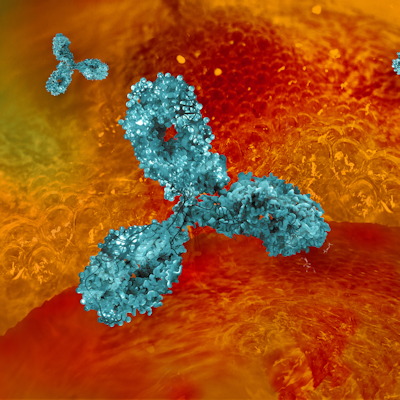 Immunosuppressive pathway offers explanation for failure of TIGIT clinical trials
Immunosuppressive pathway offers explanation for failure of TIGIT clinical trials
Albert Einstein College of Medicine scientists in a new analysis of the immunosuppressive KIR2DL5/PVR pathway provide a potential explanation for why anti-TIGIT therapies have failed in clinical trials. Read More
 Maps of genetic subclones in tumors point to new way to treat cancers
Maps of genetic subclones in tumors point to new way to treat cancers
Researchers have combined whole-genome sequencing with other techniques to generate detailed quantitative maps of genetic subclones in tumors, which they contend provide a complete view of cancer that has not been previously possible. Read More
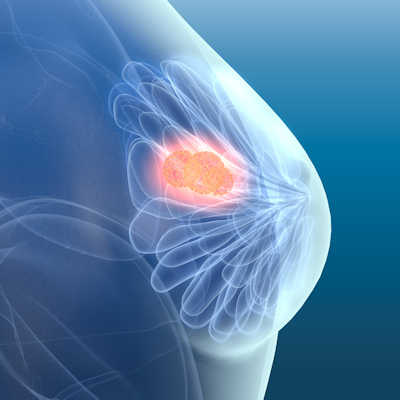 DNA barcoding shows how breast cancer cells evade the immune system
DNA barcoding shows how breast cancer cells evade the immune system
Using DNA barcodes, scientists at Australia’s Garvan Institute of Medical Research have revealed how cancer cells can evade the immune system and render immunotherapies ineffective. Read More
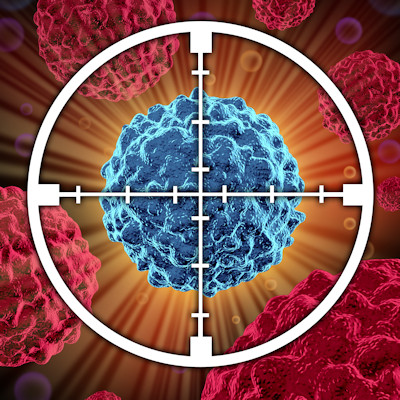 Study offers researchers more reliable way to design effective CELMoD drugs
Study offers researchers more reliable way to design effective CELMoD drugs
Scripps Research scientists have discovered a key property needed for a promising new class of cancer-fighting drugs -- known as Cereblon E3 Ligase Modulating Drugs (CELMoDs) -- to work effectively as protein degraders. Read More
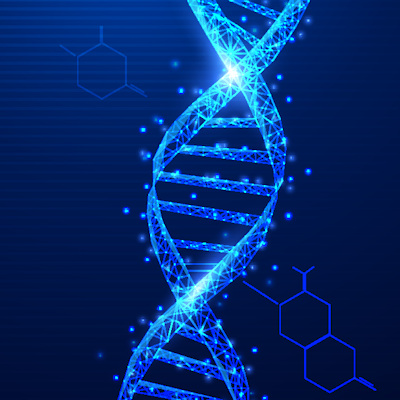 DNA-based ‘nanotransporters’ deliver precise concentrations of drugs
DNA-based ‘nanotransporters’ deliver precise concentrations of drugs
Canadian researchers have designed and validated a new class of DNA-based drug transporters that are 20,000 times smaller than a human hair, which they contend may improve how cancers and other diseases are treated. Read More
 Study provides path for overcoming blood-tumor barrier in treating medulloblastoma
Study provides path for overcoming blood-tumor barrier in treating medulloblastoma
Scientists at Toronto's Hospital for Sick Children have identified a way to reduce the impact of the blood-tumor barrier for treating medulloblastoma, the most common malignant pediatric brain tumor. Read More
 EGFR-targeting cell penetrating peptide treats triple-negative breast cancer in mice
EGFR-targeting cell penetrating peptide treats triple-negative breast cancer in mice
A cell penetrating peptide designed to mimic an epidermal growth factor receptor (EGFR) binding domain has induced tumor regression in mice, opening up a new avenue of research into the treatment of triple-negative breast cancer. Read More
 Identification of genetic drivers of radiotherapy sensitivity opens door to treatment optimization
Identification of genetic drivers of radiotherapy sensitivity opens door to treatment optimization
Using in silico and experimental profiling platforms, researchers at Northwestern Medicine have identified genetic biomarkers of radiation sensitivity, pointing to opportunities to use genomics to guide radiotherapy treatment for cancer patients. Read More
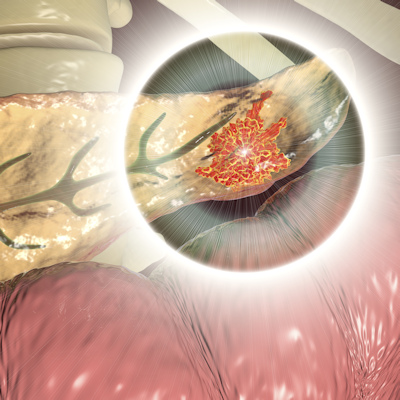 Bacterium promotes pancreatic cancer growth, adding to evidence of role of tumor microbiome
Bacterium promotes pancreatic cancer growth, adding to evidence of role of tumor microbiome
Virginia Tech researchers have discovered that infection with a bacterium causes pancreatic cells to release cytokines that promote solid tumor growth, potentially helping to guide future therapeutic interventions for cancer treatment. Read More
Conferences
Science Briefs
Member Rewards
Earn points for contributing to market research. Redeem your points for merchandise, travel, or even to help your favorite charity.
Research Topics
Interact with an engaged, global community of your peers who come together to discuss their work and opportunities.
Connect
Tweets by @ScienceBoard






